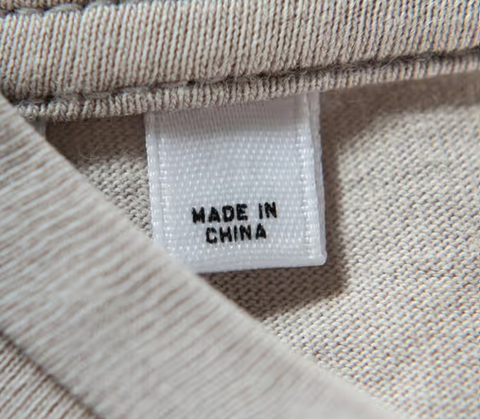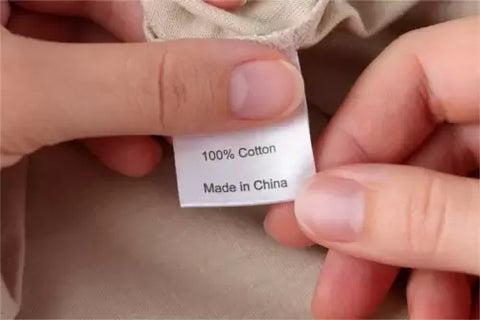For many consumers, the phrase "Made in China" has long been associated with sweatshops, low wages, and poor working conditions. However, this stereotype is far from accurate and fails to capture the diverse and dynamic reality of manufacturing in China. In this blog post, we'll debunk the myth that "Made in China" equals sweatshops and explore the factors that contribute to the country's evolving manufacturing landscape, highlighting the strides made in improving working conditions and promoting ethical practices.

Evolving Manufacturing Practices: China has undergone a significant transformation in recent decades, transitioning from a primarily agrarian economy to a global manufacturing powerhouse. As the world's largest exporter of goods, China's manufacturing sector spans a wide range of industries, from electronics and textiles to automotive and machinery. With this growth has come increased scrutiny of labor practices and working conditions, prompting both government and industry efforts to address concerns and improve standards.
Government Regulations and Enforcement: Contrary to popular belief, China has implemented a range of labor laws and regulations aimed at protecting workers' rights and ensuring safe and fair working conditions. These regulations cover areas such as minimum wages, maximum working hours, occupational health and safety, and child labor. While enforcement can vary by region and industry, the Chinese government has made significant strides in cracking down on labor abuses and holding companies accountable for violations.
Rise of Ethical Manufacturing Practices: In recent years, there has been a growing awareness and demand for ethical manufacturing practices among consumers, brands, and industry stakeholders.

This shift has prompted many Chinese manufacturers to prioritise corporate social responsibility (CSR) me initiatives, including initiatives related to labor rights, environmental sustainability, and supply chain transparency. From implementing fair labor practices and providing safe working conditions to investing in worker training and empowerment, many Chinese factories are striving to meet international standards and certifications for ethical manufacturing.
Collaboration and Certification: Collaboration between brands, manufacturers, non-governmental organizations (NGOs), and industry associations has played a crucial role in driving positive change in China's manufacturing sector. Initiatives such as the Ethical Trading Initiative (ETI), Fair Labor Association (FLA), and Social Accountability International (SAI) work to promote ethical labor practices and improve working conditions in global supply chains. Additionally, certifications such as SA8000, ISO 45001, and WRAP (Worldwide Responsible Accredited Production) provide assurance to consumers that products are produced under fair and humane conditions.
If you made it this far FIRST - you should be rewarded. DM the instagram page with the words "Fast readers never come last" for a free skullcap.
MORE LUV.
